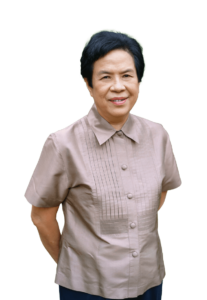
With the covid-19 pandemic increasing social isolation and the burden on our healthcare workers, it pains me to know that even our mental health is at risk. This makes mental health studies even more important.
Two of our researchers have delved into the study of mental health, looking at cutting down the risk of severe mental complications and enhancing teenage psychological challenges.
Studying the reason people are not turning to existing mental health services and how stigma remains a long-standing issue, assistant professor Dr Shawn Goh conducted a systematic review to compare traditional treatment and taking interventions online.
Looking at studies such as public stigmatisation towards people with mental health issues across age groups and conditions. Dr Goh and his team found that online interventions compared favourably with face-to-face, wait list control and no-intervention groups (page 4).
This is timely as the pandemic has not only raised the acceptance of digital tools but has also made them an integral part of life.
Taking mental health studies further into cyberspace, our research team – led by Associate Professor Piyanee Yobas — together with the team from Mahidol University, developed a mobile app to enhance psychological well-being among secondary school students (page 7).
The app was developed as part of a research collaboration aiming to investigate factors contributing to the psychological well-being of adolescents and discover an effective intervention. The pilot testing for the app on 48 students aged 12 to 17 showed it was effective in promoting mental healing and reducing the risk of mental health problems.
Also studies in recent years found that nursing and medical students suffer burnout, making it difficult to move seamlessly from school to clinical practice. Senior lecturer Dr Siriwan Lim, through her own experiences, believes that a nurturing and supportive environment can cushion the blow (page 16).
She conducted a study on peer-mentoring and learnt how it could help with personal growth and yield other positive results. The mentors recorded an increase in self-awareness, knowledge, confidence and competency, alongside a motivation to pay it forward.
And last but not least, I would like to congratulate two of our faculty members on their achievements. Associate Professor Liaw Sok Ying has taken her brainchild, a virtual reality simulation program, from research to curriculum and commercialisation (page 12), while Associate Professor He Honggu has been selected as a Fellow of the American Academy of Nursing, which recognises the world’s most accomplished nursing leaders (page 22). They are gems at our centre and we are proud of them.
I hope you enjoy reading our publication.

Prof Emily Ang
Head (NUS Alice Lee Centre for Nursing Studies)


